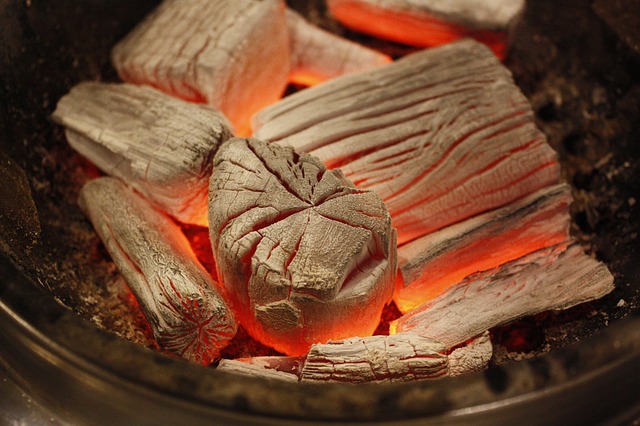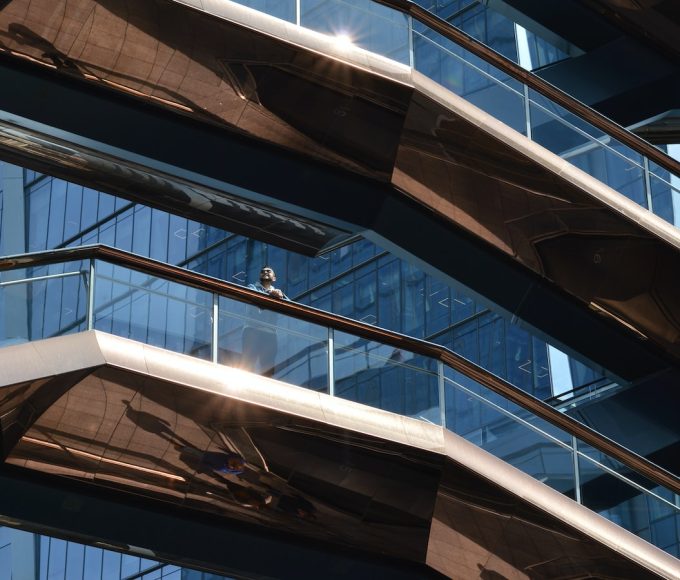Scotland’s ‘granite city’ is full of surprises, with transformed spaces, artisanal brewing and surfing by the beach.
Published November 24, 2023
6 min read
This article was produced by National Geographic Traveller (UK)
For a place long associated with heavy industry, Aberdeen is certainly easy on the eye. Scotland’s third-largest city enjoys a spectacular location, fringed by the North Sea and framed to the south and north by the rivers Dee and Don. Elegant granite architecture is warmed by pockets of flora. And, however much oil and gas continue to bring in business, the city has invested heavily in its museums and parks, with new and improved spaces to explore.
Old and new gloriously intertwine at Aberdeen Art Gallery. Inaugurated in 1885, this old dame reopened in 2019 following a four-year, multi-million-pound facelift; so brilliant was its reinvention, it was named Scotland’s building of the year in 2021. It has 18 permanent collections, plus a cafe, and there are viewing terraces on its new visually striking, copper-topped roof. Make your way up to survey the city, but for better brews, head outside to the tram-shaped Books and Beans cafe in Union Terrace Gardens, which reopened in 2022 after a £28m upgrade.
At the gardens’ southern fringe lies Union Street. Many of its retail units have struggled to bounce back since 2020, but recent additions have included Six by Nico restaurant. It serves a tasting menu with a twist: the six courses change every six weeks, and dishes are always inspired by a different theme or destination.
The high street leads to Marischal Square quarter, which has been spruced up in recent years. A highlight is Mackie’s ice cream parlour, where tablet (a sugary Scottish confection) is the flavour of choice. For stronger stuff, Six°North is an artisanal Aberdeenshire brewer that’s still relatively under the radar. Nearby 16th-century Provost Skene’s House, one of Aberdeen’s oldest buildings, has been reborn as a museum telling the city’s story through local luminaries, including singer Annie Lennox and Nobel Laureate Lord Boyd-Orr.
Hulking ships busy around at the Port of Aberdeen — the ideal setting for the Aberdeen Maritime Museum. It explores the city’s ties to the North Sea, from the early days of trading to its fossil fuels and the green energies Scotland is transitioning towards. After learning about the sea, visitors can enjoy its bounty at The Silver Darling, tucking into boat-fresh seafood landed north of the city.
Many leave the harbour without realising Aberdeen has a beach — a three-mile swathe stretching from the River Dee to the Don. En route to the sands is Footdee (‘Fittie’ to Aberdonians), the old fisherman’s quarter. Here, grey stone cottages are now home to artists and creatives, who’ve splashed the walls with colours. Scot Surf School offers lessons on the water, while the beachfront Esplanade has a host of food vans for a sweet treat; the cheesecake eclairs at Little Molly’s come especially recommended.
It’s possible to see Aberdeen’s pod of bottlenose dolphins from the beach, but savvy spotters head south to Torry Battery, an old artillery station that overlooks the harbour from a headland. Opened next to it in 2022, Greyhope Bay Centre provides the ideal viewing spot, with a cafe and glass walls to take in the coast and its marine wildlife.
Legend has it that Aberdeen was so successful in the Britain in Bloom competition, it was banned from entering. True or not, it’s easy to believe, with green pockets around the city lovingly tended to as a riposte to all the granite. Among them, Seaton Park feels gloriously rural — otters have been spotted on the banks of the Don here. Duthie Park is a noteworthy alternative; it’s the start of the 41-mile Deeside Way, which sweeps deep into Royal Deeside towards King Charles III’s palatial getaway at Balmoral.
Published in the December 2023 issue of National Geographic Traveller (UK).
To subscribe to National Geographic Traveller (UK) magazine click here. (Available in select countries only).






